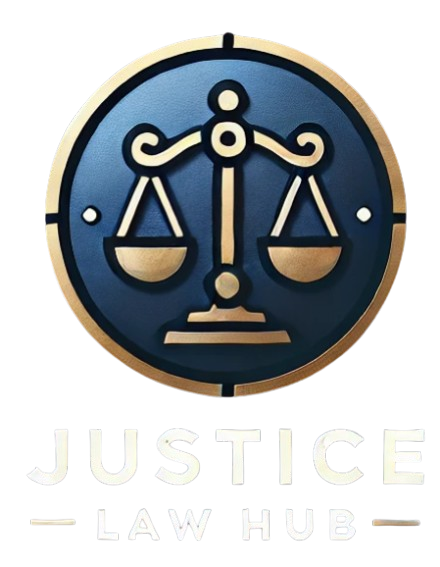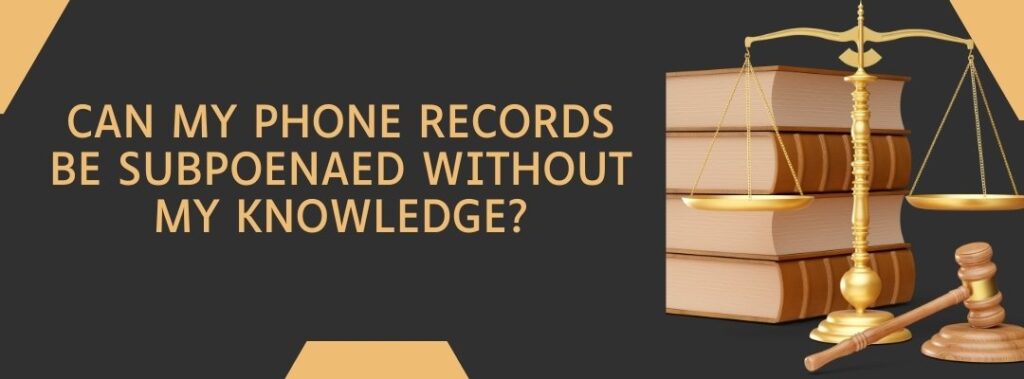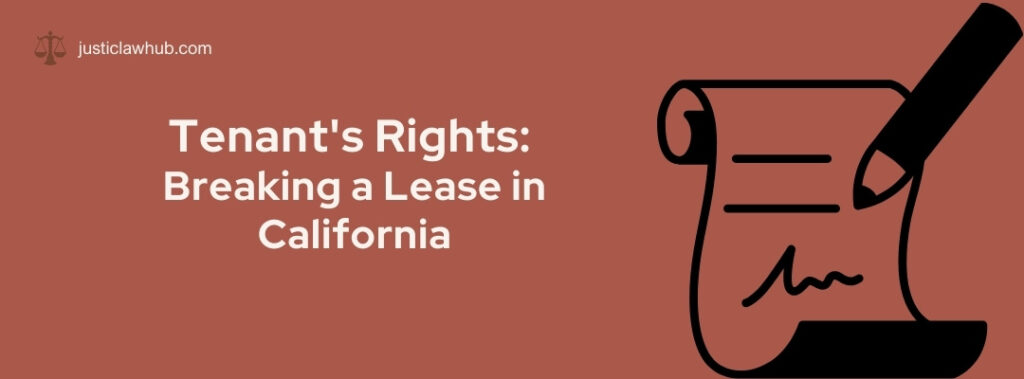When it comes to personal privacy, one of the most common concerns people have is whether their phone records can be accessed by others. With so much sensitive information stored in our devices, the idea that those records could be obtained without your awareness is unsettling.
This question—“Can my phone records be subpoenaed without my knowledge?”—is becoming more frequent as legal proceedings, investigations, and even civil lawsuits increasingly rely on digital communications as evidence.
In this post, we’ll explore what phone records are, how subpoenas work, when records can be obtained without your knowledge, and what rights you have in these situations.
What Are Phone Records?
Phone records include detailed logs of your mobile or landline activity. They can reveal more than you think. Depending on your carrier and the type of request made, these records may include:
- Call logs (incoming, outgoing, missed calls)
- Text message logs (time, date, sender, recipient — but usually not the actual message content)
- Data usage history
- Location information tied to cell towers
- Voicemail activity
While you may consider this information private, phone carriers store much of it for billing, technical, and regulatory purposes. That storage means it can potentially be accessed by law enforcement, attorneys, or courts under certain conditions.
What Is a Subpoena?
A subpoena is a formal legal request issued by a court or an attorney that requires someone to produce documents or testify in a case. There are two main types:
- Subpoena ad testificandum – requires a person to testify in court.
- Subpoena duces tecum – requires the production of documents, records, or other tangible evidence.
When discussing phone records, the relevant type is usually a subpoena duces tecum, which forces a phone company to hand over the requested records.
Related Post: Court-Related Therapy: A Complete Guide to Understanding Its Role and Impact
Can My Phone Records Be Subpoenaed Without My Knowledge?
The short answer is yes, it is possible.
In many cases, phone companies are not legally required to notify customers that their records have been subpoenaed. This is especially true in criminal investigations, where notifying the individual could compromise the case.
For example:
- Law enforcement investigations – Police or federal authorities may subpoena phone records during criminal probes without informing you.
- Civil lawsuits – Attorneys in divorce, custody, or business litigation cases can request phone records. While you may eventually find out in court, you may not be notified at the time the subpoena is issued.
- National security matters – In certain high-level cases, subpoenas or warrants may be accompanied by gag orders, preventing carriers from informing customers.
This is why the concern—“Can my cell records be subpoenaed without my knowledge?”—is both valid and common.
Federal Law and Phone Records
U.S. federal law plays a major role in determining how and when phone records can be accessed. Some important laws include:
- Stored Communications Act (SCA) – Restricts voluntary disclosure of customer communications but allows carriers to provide records when compelled by court orders or subpoenas.
- Electronic Communications Privacy Act (ECPA) – Expands on privacy protections but includes exceptions for law enforcement.
- Patriot Act – Broadened government surveillance powers, making it easier for federal agencies to access certain records without customer knowledge.
These laws strike a balance between protecting privacy and enabling law enforcement to gather evidence. Unfortunately, from a consumer’s perspective, this often means your phone records can indeed be subpoenaed without your awareness.
State Laws and Variations
The rules also vary from state to state. Some states have stronger privacy protections, requiring higher thresholds before a subpoena can be issued. Others may follow federal guidelines more loosely.
For instance:
- In California, stricter privacy laws often require additional judicial oversight before records are disclosed.
- In states with less robust privacy statutes, attorneys in civil cases may have more leeway to subpoena phone records.
If you’re involved in a case, the state where it’s being litigated can make a big difference in whether or not you’ll be notified.
Who Can Subpoena Phone Records?
Not everyone has the power to subpoena records. Typically, the following parties may do so:
- Law enforcement agencies investigating criminal activity.
- Attorneys in civil lawsuits (like divorce, custody, or contract disputes).
- Federal agencies in cases involving national security or large-scale fraud.
- Courts overseeing criminal or civil trials.
Private individuals cannot simply call up a phone company and demand your records. A legitimate legal process must be followed.
Why Would Someone Subpoena Phone Records?
Phone records can be powerful evidence. Some common reasons include:
- Criminal investigations – To establish contact between suspects or verify alibis.
- Divorce or custody battles – To prove or disprove allegations, such as infidelity or harassment.
- Fraud cases – To identify suspicious communication patterns.
- Business disputes – To show who contacted whom and when.
Because these records are factual and timestamped, they are often considered reliable evidence in court.
Related Post: What Happens After a Mistrial? A Complete Guide
Can Text Messages Be Subpoenaed Without My Knowledge?
This is a closely related concern. Generally:
- Content of text messages – Requires a warrant, not just a subpoena, because of higher privacy protections.
- Metadata (time, date, sender, recipient) – Can often be subpoenaed without your knowledge.
So, while your actual text message conversations are harder to obtain, the records showing when and with whom you communicated are more accessible.
Will I Ever Be Notified?
Sometimes you may eventually find out that your phone records were subpoenaed. For example:
- If the records are introduced as evidence in a civil or criminal trial.
- If your attorney requests discovery documents during litigation.
- If the phone company is required by state law to notify you after a certain period.
However, in many cases—particularly in ongoing investigations—you may never be told.
What Are My Rights?
If you suspect your phone records might be subpoenaed, here’s what you should know:
- You cannot stop a valid subpoena – If it’s issued properly, your carrier must comply.
- You can challenge overbroad subpoenas – If you’re part of a civil case and the subpoena requests more records than necessary, your attorney can file a motion to quash (block) it.
- You may have privacy protections – Depending on your state, additional rights may exist.
- Your attorney can help – If you’re involved in a legal matter, always consult with a lawyer who can explain your rights and options.
How Long Do Carriers Keep Phone Records?
Another factor to consider is retention. Carriers don’t keep records forever, but they do maintain them long enough that they can often be subpoenaed. For example:
- Call logs – Often stored for 12 to 18 months.
- Text metadata – Usually stored for months, though the actual content is typically not kept long.
- Location data – May be retained for varying periods depending on the provider.
This means that even if you delete call logs or texts from your phone, they may still be accessible through your carrier.
Can Employers Subpoena Employee Phone Records?
If you’re using a company-issued phone, the rules are slightly different. Employers may already have access to records of usage, and in some cases, they can request additional information through proper legal channels.
For personal devices, however, employers generally cannot access your records without going through the same subpoena process.
Protecting Your Privacy
While you cannot completely prevent phone records from being subpoenaed, you can take steps to protect your digital privacy in general:
- Use encrypted messaging apps that don’t store logs.
- Limit sensitive conversations to secure channels.
- Be aware that metadata (who you contacted, when, how often) is harder to hide than message content.
Most importantly, understand that phone records are not as private as you may think.
Final Thoughts
So, can your phone records be subpoenaed without your knowledge?
Yes. Whether it’s a criminal investigation, civil lawsuit, or government matter, your records can be obtained legally without you being informed—especially if notifying you could interfere with the case.
However, not every subpoena is valid, and you may have rights depending on your situation and state laws. If you’re ever in doubt, consulting with a qualified attorney is the best way to understand your protections.
Privacy in the digital age is complicated. While you may not always control whether your records are subpoenaed, staying informed can help you navigate these situations more confidently.



